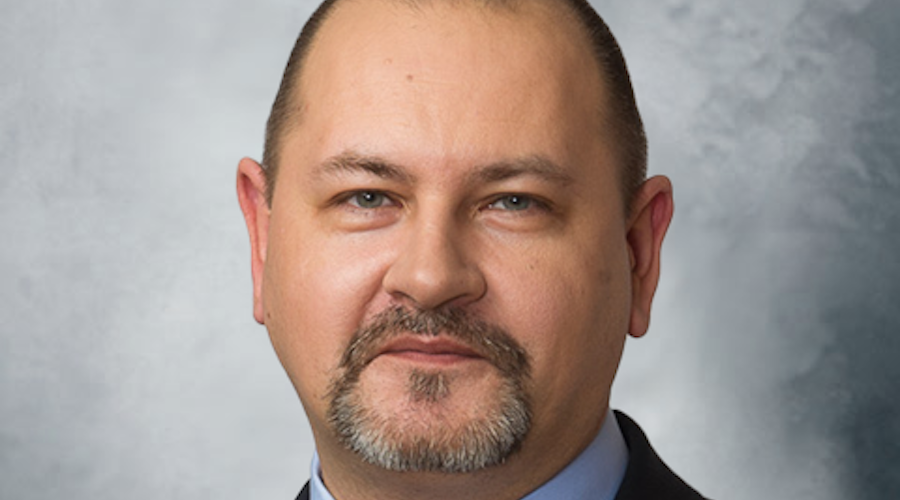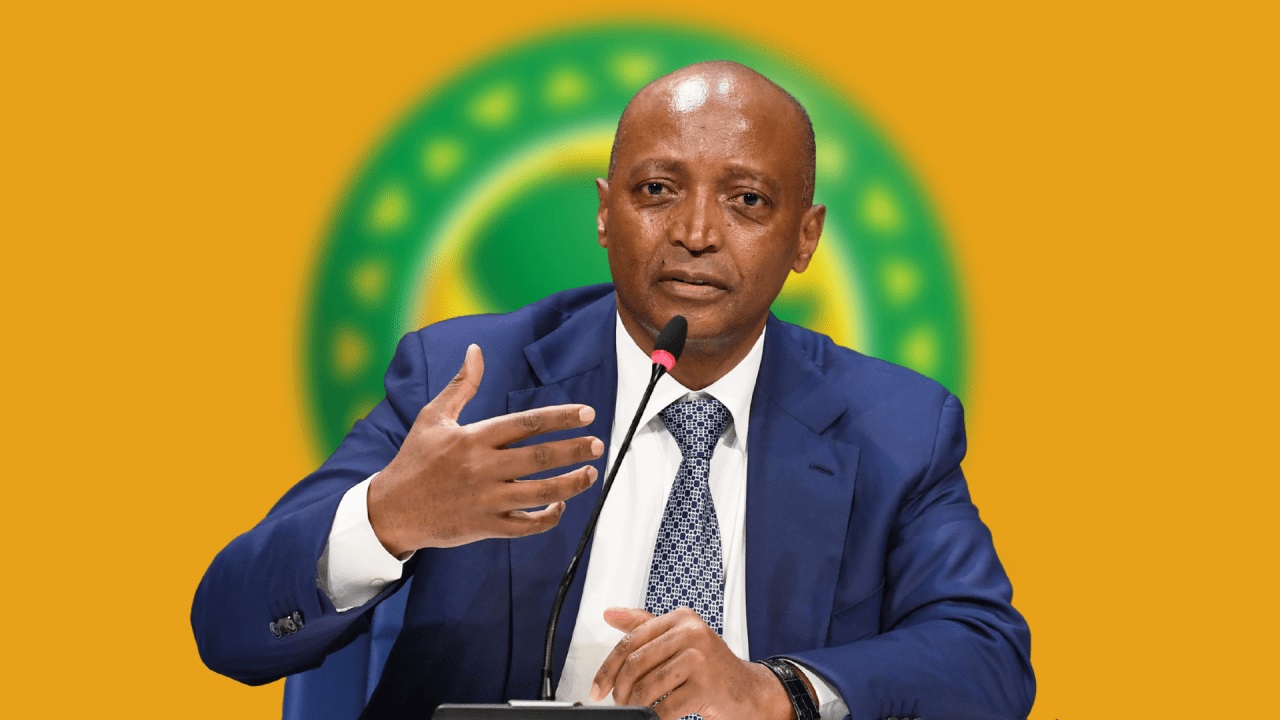Nornickel says some EU clients refuse to buy products made of Russian metal

Russia’s Nornickel, the world’s largest palladium producer and a major producer of high-grade nickel, said on Friday that some clients in the European Union had refused to buy products made with Russian metals.
Although Nornickel itself and its metals is not a target of Western sanctions some consumers are voluntarily shunning deals for its metals and of products made from Russian raw materials, said Anton Berlin, vice president for sales.
Nornickel’s Finnish Harjavalta plant, which produces battery materials in Europe for electric vehicles, was affected, he added as an example of the rejection of products made from Russian materials.
CEO Vladimir Potanin said last year that sanctions had constrained Nornickel’s development due to “voluntary self-sanctions” imposed by some clients and foreign suppliers of equipment and technologies, though Western governments have refrained from targeting Nornickel directly in response to the conflict in Ukraine.
Berlin also said on Friday that many banks had refused to accept and transfer money for Russian products. Nornickel continues to face challenge in dealing with ports, ships and insurance companies.
“We are reconfiguring our sales system… In such circumstances, the main goal is to sell all we produce”, he said.
After February 2022, Nornickel changed its sales geography, shifting its focus to Asia, whose share in company’s revenue exceeded 50% last year for the first time in its history.
China has become the Nornickel’s largest sales market, Berlin said.
This year, the company expects nickel output will drop to 184,000-194,000 tons, palladium output is seen at 2.296-2.451 million troy ounces, lower than a year earlier, Nornickel reported in January.
Berlin also said that Nornickel would seek to integrate into the value chain so that “we cannot be taken out of the global economy”.
“For nickel, the first priority is to integrate into the battery sector”, he said.
Nornickel also seek new uses for palladium, Berlin said.
Nornickel is performing “wide fundamental research together with Russian and foreign scientists” to replace the eventual loss of autocatalysts with new demand, its head of product development told Reuters last year.
(By Anastasia Lyrchikova; Editing by Guy Faulconbridge)
{{ commodity.name }}
{{ post.title }}
{{ post.date }}




Comments